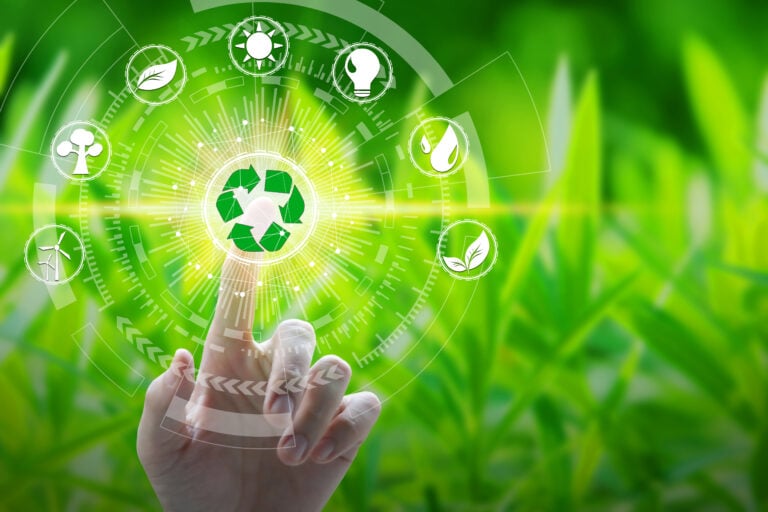How the Netherlands’ Eco-Innovation Framework Can Guide the Future of Sustainable Lubricants in Europe
As the ECOINLub project advances its mission to develop environmentally responsible, high-performance lubricants across Europe, the Netherlands stands out as a key reference point for best practices in sustainable industrial transformation. Its leadership in circular economy development, eco-innovation, and policy alignment offers a valuable foundation that can inform and enhance the work of ECOINLub.
A prime example of this is the Circular Economy Lab (CE Lab)—a national initiative that successfully brings together academia, industry, and government to co-create circular and sustainable products. Among its achievements is the redesign of traditional industrial inputs such as fluids, coatings, and polymers to meet environmental and performance standards alike. This initiative is deeply rooted in a collaborative, lifecycle-based, and scalable approach—core values that align closely with ECOINLub’s objectives.
There are several connecting points between the Dutch model and ECOINLub that make the Netherlands a valuable guide for implementation:
To begin with, the cross-disciplinary collaboration promoted by CE Lab serves as a model for ECOINLub to facilitate early and ongoing cooperation between engineers, manufacturers, policymakers, and environmental experts. This ensures that innovations in lubricants are both technically feasible and strategically aligned with regulatory and industrial needs.
Another key element is the Dutch commitment to lifecycle thinking and transparent environmental evaluation. CE Lab routinely employs tools such as Life Cycle Assessment (LCA) and Environmental Product Declarations (EPD)—a practice ECOINLub can integrate to validate and communicate the sustainability of its lubricant solutions.
Moreover, the Dutch model emphasizes pilot-driven innovation, testing materials in real-world industrial environments before scaling. ECOINLub can apply the same principle by working directly with partner industries to test biodegradable lubricants under operational conditions, ensuring their market readiness and effectiveness.
Importantly, CE Lab is built around a circular design mindset, where products are conceived from the start to be resource-efficient, biodegradable, and non-toxic. This mirrors ECOINLub’s aim to develop lubricants that meet high ecological standards without sacrificing performance—offering a clear direction for R&D within the project.
Finally, the public-private innovation ecosystems cultivated in the Netherlands—where regional hubs drive both knowledge exchange and commercialization—can inspire ECOINLub to build similar structures across its partner countries. Such hubs would help localize innovation, enhance adoption, and ensure the long-term sustainability of project results.
Looking forward !
The Dutch experience demonstrates how eco-innovation can move from theory to practice through structured collaboration, measurable environmental performance, and commitment to circular economy principles. By drawing from these tested strategies, ECOINLub can position itself not only as a technical innovator but also as a model of sustainable industrial transformation in Europe.


Comments are closed